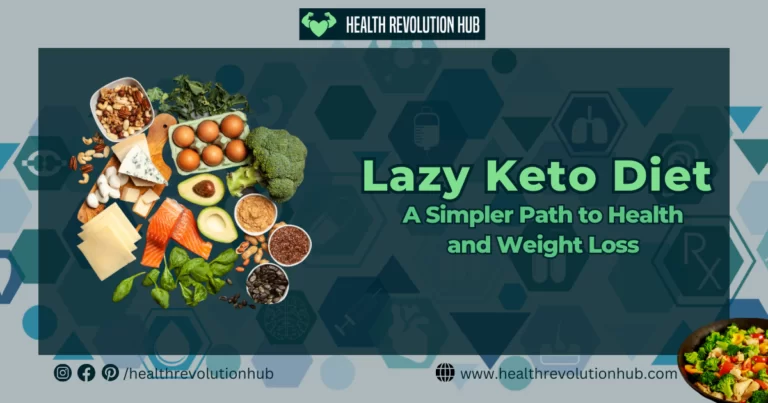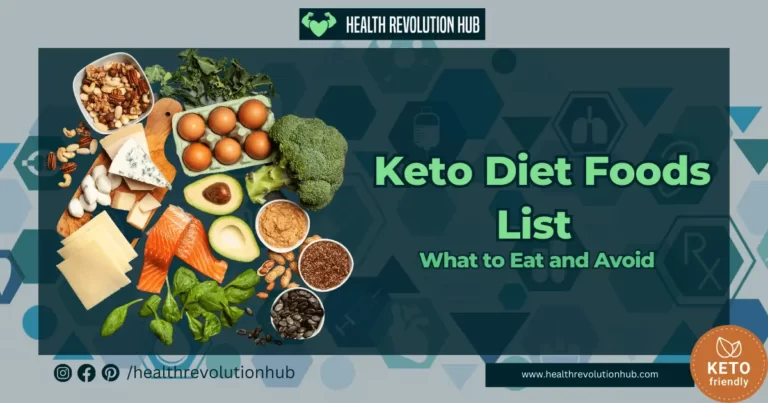Do you struggle to put on weight and muscle? If so, you are not by yourself. For many people, gaining weight can be challenging, especially sustainably and healthily. In this comprehensive guide to a healthy diet plan for weight gain, we’ll go over a wide range of topics, including the reasons why people are underweight, how to figure out your ideal weight range, and sample meal plans to get you started on the road to a fitter, more muscular physique.
Understanding the Importance of Weight Gain
Even though diets and weight loss are frequently emphasized in the media, being underweight can still be detrimental to your health. The truth is that being underweight can lead to a weakened immune system, a higher risk of illnesses, and decreased muscle mass. Furthermore, being underweight might affect your quality of life in general by making you weary, irritable, and less able to concentrate.
The key to fixing this issue is developing a balanced diet plan for weight gain that includes nutrient-rich foods, regular exercise, and enough sleep.
Choosing Your Healthy Weight Range
Before beginning a weight-gain adventure, you must choose your ideal weight range. One way to do this is by calculating your body mass index (BMI). By dividing your body weight in kilograms by the square of your height in meters, you may get your BMI. BMI values between 18.5 and 24.9 indicate a healthy weight range, whereas values of 18.5 or below indicate underweight.
A person’s unique circumstances, such as their muscle mass and general health, should also be taken into account. Keep in mind that BMI is only a general rule of thumb.
Reasons for Being Underweight
Being underweight can result from a variety of circumstances, including:
High Metabolism: Some people have an innately high metabolic rate, which makes it difficult for them to gain weight.
Genetics: Being thin and having a low BMI may run in some people’s families.Health Issues: Several conditions, such as cancer, Type 1 diabetes, and hyperthyroidism, can make it hard to put on weight and lead to weight loss.Eating Disorders: People with eating disorders, such as bulimia nervosa and anorexia nervosa, typically struggle to maintain a healthy weight.
Depression: Those who are depressed may lose their appetite and weight quickly.
If you think a medical condition is the cause of your low body weight, speak with a healthcare professional for a precise diagnosis and treatment strategy.
Building a Healthy Diet Plan for Weight Gain
Consuming meals that are high in nutrients and offer sufficient amounts of calories, protein, carbs, and healthy fats should be the main goal of a well-rounded diet plan for weight gain. To get you started, here is an example diet program:
Sample Meal Plan for Weight Gain
Early Morning (7 a.m. – 8 a.m.):
Almonds (6–7) that have been soaked overnight.
Breakfast (8 a.m. – 9 a.m.):
Egg omelette made from two whole eggs and two egg whites, or a bowl of muesli or whole-grain cereal with full-fat milk and fruit Alternatively, eat a dish high in both protein and vegetables, like a protein smoothie or a vegetable omelet.
Mid-Morning Snack (11 a.m. – 12 p.m.):
Protein-supplemented full-fat milk or a fruit-and-yoghurt smoothie
Lunch (1:30 p.m. – 2:30 p.m.):
An amount of lean protein, such as chicken breast, fish, tofu, or lentil. A portion of whole grains, such as brown rice, quinoa, or whole-wheat pasta
various vibrant vegetables
A side salad that contains a beneficial source of fat, like avocado or almonds
Afternoon Snack (5:30 p.m. – 6:30 p.m.):
Protein-rich food like a Greek yogurt parfait, some nuts, or a protein bar.
Dinner (8:30 p.m. – 9:30 p.m.):
A portion of lean protein made up of lentils, fish, tofu, or chicken breast
A portion of whole grains, such as brown rice, quinoa, or whole-wheat pasta
many colorful vegetables
A side salad that includes avocado or almonds as a healthy fat source.
Tips for Healthy Weight Gain
Eat Calorie-Dense Foods: Consume more calorie-dense, nutrient-rich foods like avocados, bananas, and full-fat dairy products.
Consume Healthy Carbohydrates: Choose complex carbohydrates over refined ones like sugar and white flour, such as whole grains, fruits, and vegetables, such as avocados, bananas, and full-fat dairy products.
Include a Protein Source with Every Meal: Aim to eat 1.5–2 grams of protein per kilogram of body weight each day because protein is crucial for gaining muscle mass.
Add Healthy Fats to Your Diet: Pick healthy fats that are rich in essential fatty acids and improve general health, such as avocados, nuts, seeds, and olive oil.
Strength Training: Regularly perform workouts that build strength, such as weightlifting and resistance training, to build muscle and encourage healthy weight growth.
Reduce Stress: Use stress-relieving exercises to support your weight gain objectives, such as yoga, meditation, or deep breathing exercises.
Get Enough Sleep: For optimal health and to assist the growth of your muscles, aim for at least 8 hours of good sleep each night.
Track Your Progress: To stay on track and tweak your diet plan as necessary, keep a food log and check your weight frequently.
Stay Motivated: Be persistent and dedicated to achieving your weight-gain objectives, and concentrate on slow, consistent growth rather than quick, unhealthful weight increase.
Conclusion
A balanced diet, consistent exercise, and attention to general well-being are all necessary for healthy and sustainable weight gain. You can reach your targeted weight gain objectives while supporting general health and wellness by including nutrient-dense meals, nutritious carbs, and lean protein sources in your diet, along with strength exercise and adequate sleep.








